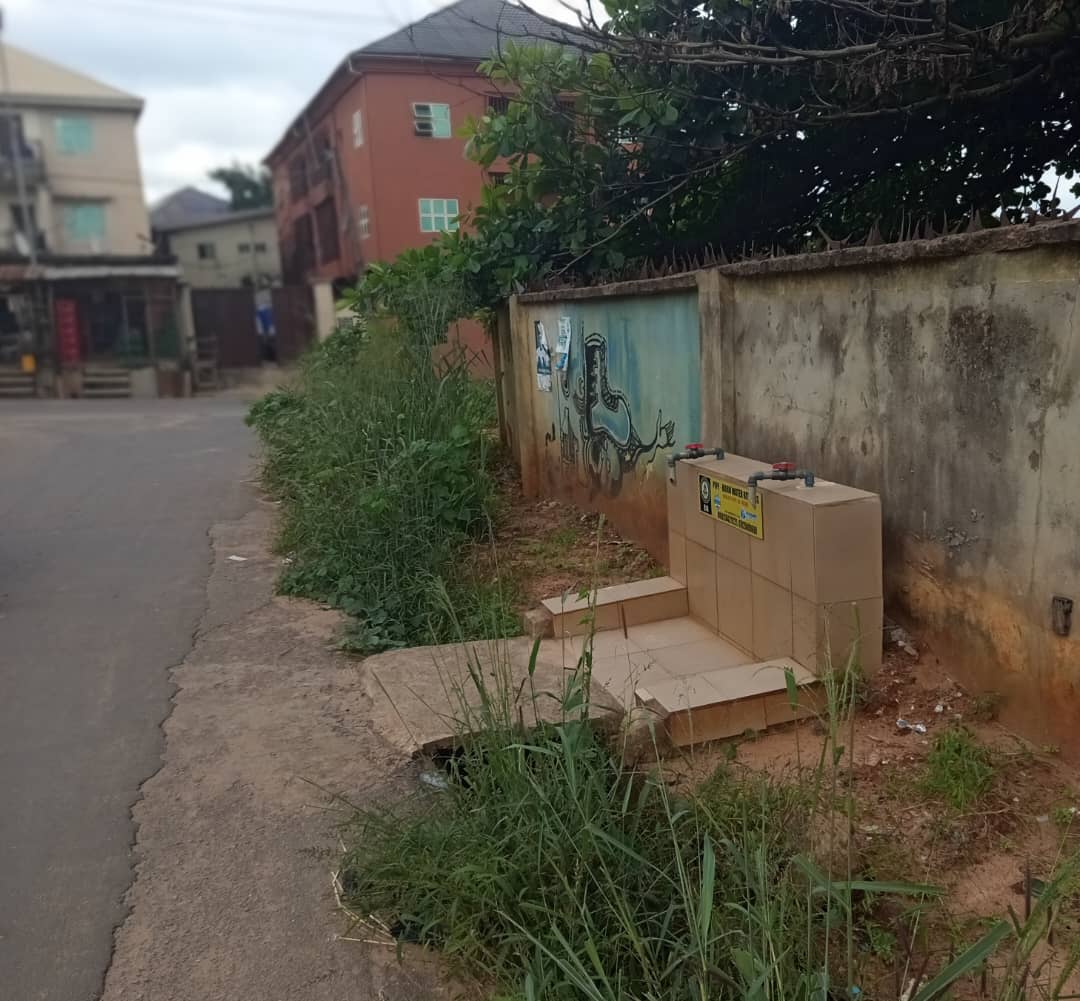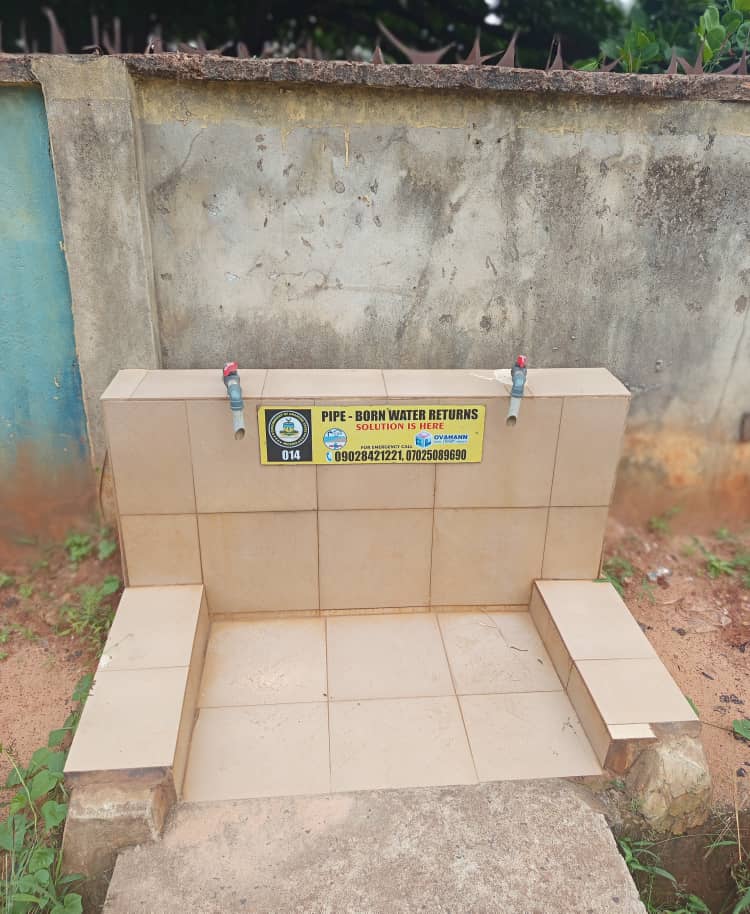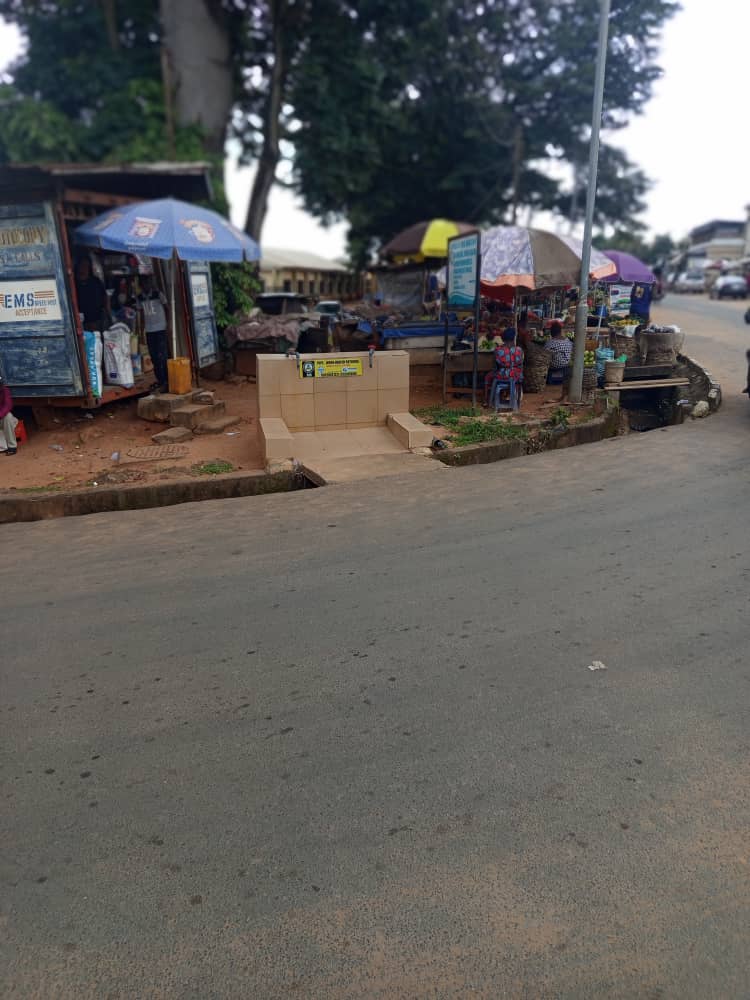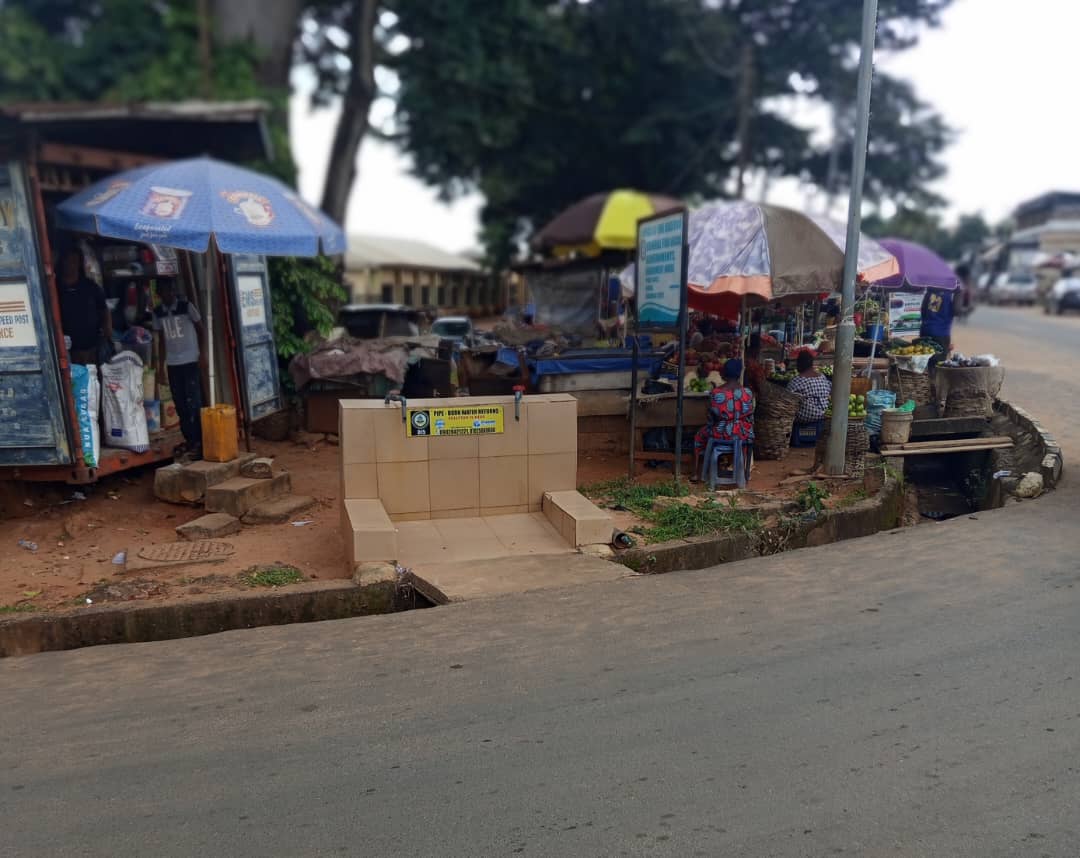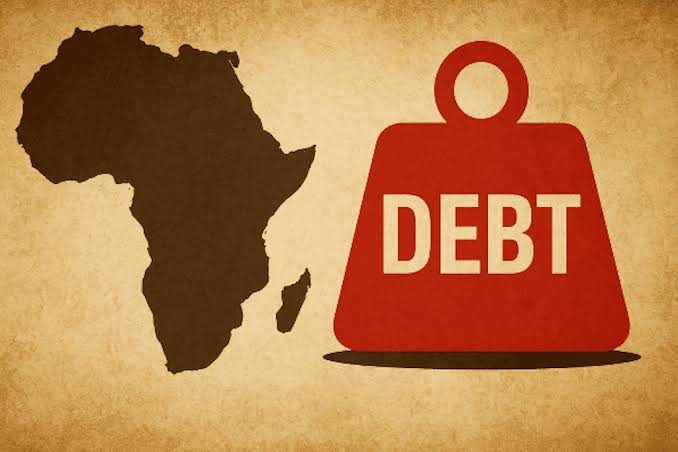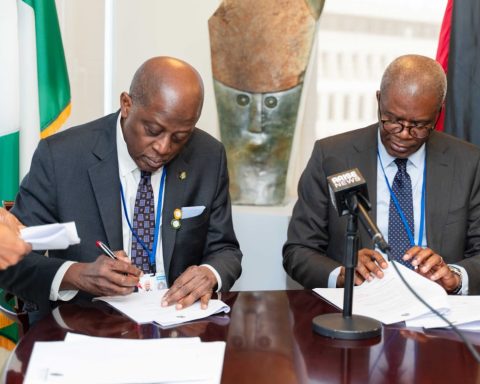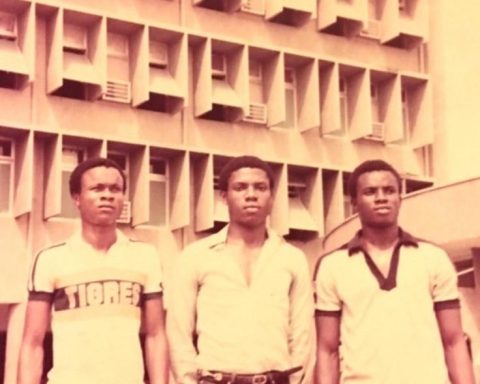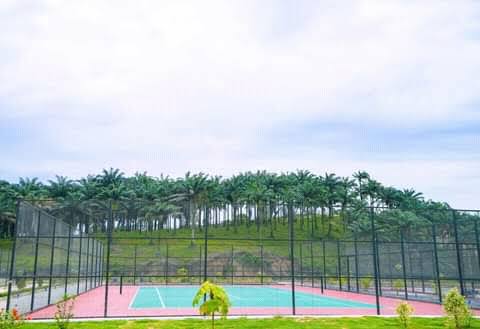By Chuka Nnabuife
After decades of dry taps and despair, Governor Chukwuma Charles Soludo’s bold reforms have restored public water supply to Anambra, turning a long-denied necessity into a living revolution, CHUKA NNABUIFE writes:
“Whatever is fixable must be fixed.” — Chukwuma Charles Soludo
POTABLE water was once a rarity in Anambra State. It may sound unbelievable, but it is true.
Join our WhatsApp ChannelUntil 2024, clean water for drinking and domestic use was so scarce that recounting the struggles people endured to obtain it evokes grim yet factual memories. To behold a publicly owned pipe-borne water tap running freely was, for decades, a pipedream in Anambra.
In Onitsha and Idemili North, for instance, the sight of children and traders’ apprentices (umu boyi) heaving heavy jerry cans of water from the basements of four- or five-storey buildings to the top floors every morning and evening was once common. In many rural areas, women and children trekked several kilometres over rough terrain, sweating under the weight of buckets and containers, just to fetch water. In flood-prone riverine communities, people often resorted to using muddy water for cooking and chores after rainfall and floodwaters had contaminated wells and boreholes.
Securing water for household use was a daily ordeal — and a deeply controversial one. It became the subject of labour disputes, legal battles and public frustration. Ironically, a state that once benefited from landmark projects such as the Greater Onitsha Water Scheme during Nigeria’s First and Second Republics appeared fated to perpetual thirst. The system seemed so jinxed that it felt wiser not to hope for a solution at all.
For those who had long endured this hardship, the day water began to gush again from public taps across Anambra felt nothing short of miraculous. Seeing residents fetch water freely on the streets was almost unbelievable. An entire generation had grown up without ever witnessing such a service.
Yet, since mid-2023, regular public water supply has been restored across the state — urban, semi-urban and rural alike. From Awka to Onitsha, Nnewi, Ihiala, Ekwulobia, Ogbaru and Idemili, water now runs consistently from public taps — even in remote communities.
The scepticism was understandable. For decades, potable water provision was one of Anambra’s most intractable challenges. Despite possessing some of the oldest water schemes in Eastern Nigeria, a toxic combination of poor funding, weak maintenance, technical deficiencies, politics, and labour unrest crippled the system. Workers of the Anambra State Water Corporation complained of unpaid and irregular wages, while successive governments accused them of inefficiency and mismanagement.
By the early 2000s, the crisis had escalated into prolonged court cases between the state and its water sector employees. The once-functional corporation became defunct, facilities lay abandoned, and underground pipes rusted away — often unearthed and discarded during road construction as relics of a forgotten dream.
So, when Governor Chukwuma Charles Soludo announced that he would restore public water, many dismissed it as a tall order. How could anyone possibly navigate the web of legal, structural and financial complications that had defeated past administrations?
But Soludo approached the problem differently. He began by resolving the legacy issues through out-of-court settlements with former employees of the Water Corporation and the Anambra State Environmental Protection Agency (ANSEPA). A new management team was appointed, fresh infrastructure was installed, and modern piping networks were laid.
These measures were reinforced by wide-ranging water sector development projects — including the rehabilitation of five major urban water schemes in Awka, Otuocha, Nnewi, Obizi, and the Greater Onitsha area. In addition, 68 rural and 15 small-town water schemes are currently being rehabilitated.
Complementing these are solar-powered boreholes installed in primary health centres across all 179 communities of Anambra State, as well as at the headquarters of each of the 21 local government councils.
Furthermore, 98 hand-pumped and solar-motorised boreholes have been provided in flood-prone areas such as Anambra East, Anambra West, Ogbaru, Ihiala, Awka North, and Ayamelum — implemented as counterpart projects under UNICEF’s 2022/2023 Post-Flood Intervention Programme.
Today, water-fetching points can be found roughly every 200 to 300 metres across communities, depending on population density. Women and children who once trekked miles to fetch water, and households previously exploited by exorbitant private vendors, now enjoy the relief of accessible, clean water.
The impact has been transformative — particularly in public health. For years, reliance on untreated well and borehole water contributed to widespread hygiene-related illnesses such as typhoid and diarrhoea. The restoration of pipe-borne water has significantly reduced these risks, while also limiting the proliferation of privately dug wells and boreholes which, studies show, weaken soil structure and worsen erosion — a critical concern in Anambra’s gully-prone terrain.
Indeed, Anambra’s experience aligns with global imperatives. The United Nations recognises access to clean and affordable water as a fundamental human right, enshrined in Sustainable Development Goal 6 (SDG 6), which seeks to ensure the availability and sustainable management of water and sanitation for all. As UN Secretary-General António Guterres declares, “Water is life — without it, there can be no sustainable development.”
READ ALSO: Soludo Applauds Grassroots Backing in Idemili North
Similarly, UNICEF insists that every child deserves access to safe water, stating that “Every child has the right to safe water — without it, their health, dignity, and future are at risk.” Former UN Secretary-General Kofi Annan went further, observing that “We shall not defeat any of the infectious diseases that plague developing countries until we have won the battle for safe drinking water.”
The message is clear: clean water is not a privilege, but a necessity — the foundation upon which life, health, and progress rest. As Ban Ki-moon, another former UN Secretary-General, once said, “A drop of water is worth more than a sack of gold to a thirsty man.”
Governor Soludo’s decisive intervention places Anambra in firm alignment with this global vision — one that prioritises dignity, sustainability, and human welfare. His government’s bold actions not only restore a long-lost public service but also reaffirm a truth the United Nations has long upheld: that to give people water is to give them life, opportunity, and hope.
As Soludo himself puts it: “If you want to solve a problem, you must have the correct diagnosis.”
In diagnosing Anambra’s thirst and daring to cure it, his administration has fixed more than broken pipes — it has renewed faith in government’s power to deliver life itself.


